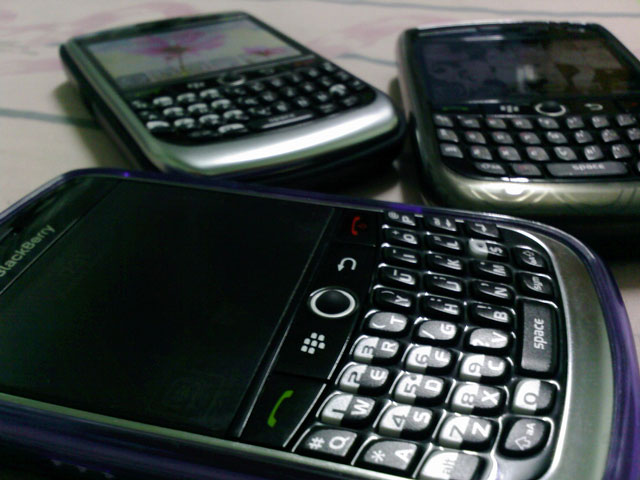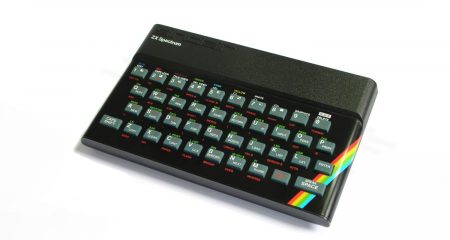
The BlackBerry 7 (BB7) operating system isn’t likely to disappear any time soon, and neither is the flat-rated and unlimited Internet and e-mail proposition, the BlackBerry Internet Service (BIS), that has made BB7-powered devices so popular in emerging markets.
In fact, BlackBerry may even offer a new BB7 device in future, according to CEO Thorsten Heins.
Although the Canadian company is focused mainly on its new BlackBerry 10 (BB10) operating system, Heins hints that it may release a new handset running BB7 because of the platform’s popularity in markets like South Africa.
“Many people in India, Indonesia and South Africa have their first experience of the Internet on a mobile device,” Heins says. He says this means consumers in these markets may be more readily able to imagine the possibilities mobile connectivity can offer them.
With this in mind, Heins says BlackBerry is developing a portfolio of BB10 devices, which will include a “mid-tier device” and may even include “entry-level devices in some markets”.
However, he warns that low-cost BB10 devices won’t appear overnight. “The cost of the technology in those devices is high at the moment.”
Nevertheless, as the cost of processors, touch displays and other components falls, Heins says BlackBerry has “plans in place” to create cheaper BB10 devices and serve emerging markets and their needs.
Part of BlackBerry’s success in emerging markets has been on account of the combination of the BIS proposition, the “network efficiency” afforded by BlackBerry’s compression of data, and the fact that most emerging markets are limited to 2G and 3G networks. “Unless they move to 4G, that recipe will remain intact,” Heins says. “[BlackBerry] might even do new product, we’ll see, because it’s a great mobile experience.” — (c) 2013 NewsCentral Media
- Craig Wilson travelled to Canada as a guest of BlackBerry’s




